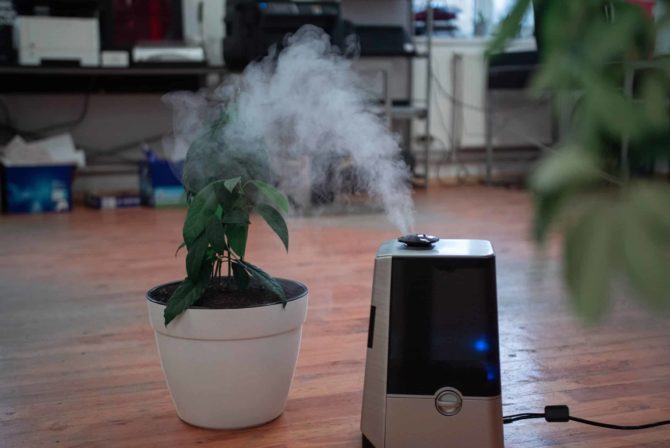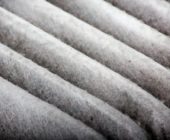
The Guide To Healthy Indoor Air
Humidity is more than just the amount of water vapor in the air — it’s a key factor in home comfort and well-being. So, is there such a thing as a bad humidity level? The short answer to this question is yes, there is such a thing as an undesirable amount of humidity.
At Champion AC & Plumbing, we recognize the importance of understanding recommended humidity levels and identifying signs of excess moisture. Join us as we explore the potential harms of high humidity, both to your Austin home and your health.
Learn what to watch out for in an overly humid home and discover solutions to ensure your living space remains comfortable and healthy.
What Happens If I Have A Humid House?
Inquiring about the consequences of a humid house is a step toward maintaining a healthy living environment. Excessive humidity poses challenges for your home and well-being.
Home Damage
High humidity can inflict visible damage, leaving unsightly stains on walls and ceilings. The added moisture in the air means humidity can damage drywall too. Additionally, it provides a conducive environment for mold growth, primarily in moisture-prone areas like bathrooms and laundry rooms, leaving a lasting and undesirable impact.
Structural Concerns
Prolonged exposure to elevated humidity levels may lead to structural damage over time. Humid conditions can lead to wood rot in extreme cases. If left unmonitored, your home’s stability can weaken due to failing wooden supports.
Health Risks
Elevated humidity contributes to warmer indoor environments, potentially challenging the body’s natural cooling process. While the risk of overheating exists, it’s typically more pronounced in extreme cases.
Individuals with asthma and dust allergies may experience heightened respiratory discomfort in high-humidity conditions, emphasizing the importance of maintaining a comfortable indoor climate.
While severe outcomes like strokes are rare, vulnerable individuals must manage their environment to support respiratory well-being.
Navigating the intricacies of humidity levels is crucial for maintaining a comfortable and healthy home. Champion AC & Plumbing is here to guide you in creating a healthier home atmosphere.
The Ideal Humidity
The recommended humidity level in a home is around 40-50%, with it being lower than 40% during the winter. Consider getting a hygrometer to measure the humidity level. Some smart thermostats will also help measure this.
If your house is too humid, there are some steps you can take to help the humidity levels. You can:
- Install a dehumidifier into your HVAC system
- Vent areas that create moisture, like a shower or laundry room
- Install a fresh air intake duct
- Make sure your air conditioner is sized correctly
- Reduce the number of plants in your home as they can lead to humidity
For all your heating and cooling needs, give your friends at Champion AC & Plumbing a call. We can inspect your home and make suggestions for improving your home’s indoor air quality (IAQ).
Comprehensive Solutions For Humidity Problems
From safeguarding your home against structural concerns to ensuring respiratory well-being, we’re here with proven solutions. Don’t let excess humidity compromise your comfort.
Reach out to us for a personalized assessment and guidance on maintaining ideal humidity levels. Let’s transform your living space into a haven of health and stability.
Contact Champion AC & Plumbing today and take the first step toward a more comfortable and resilient home.



